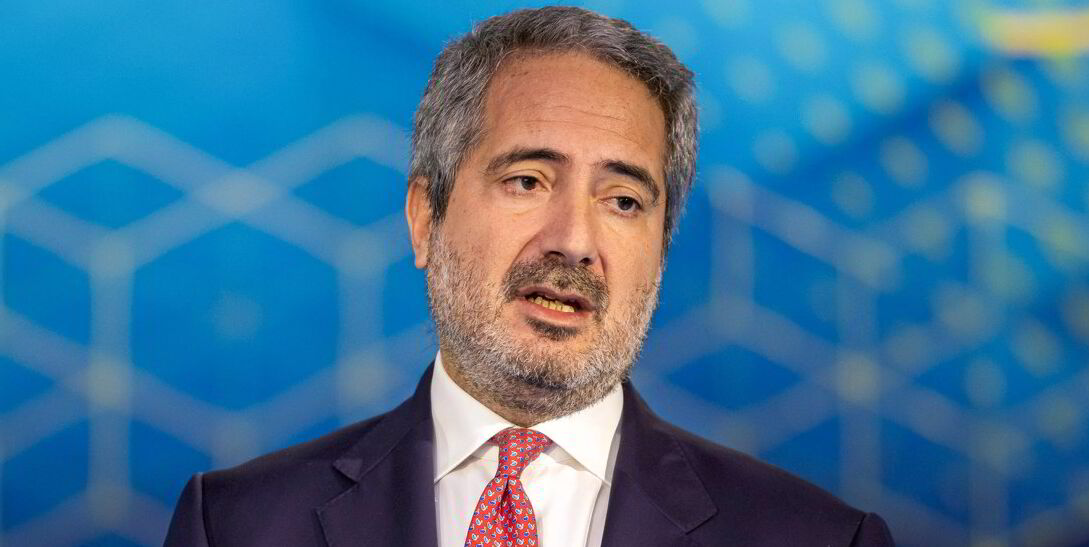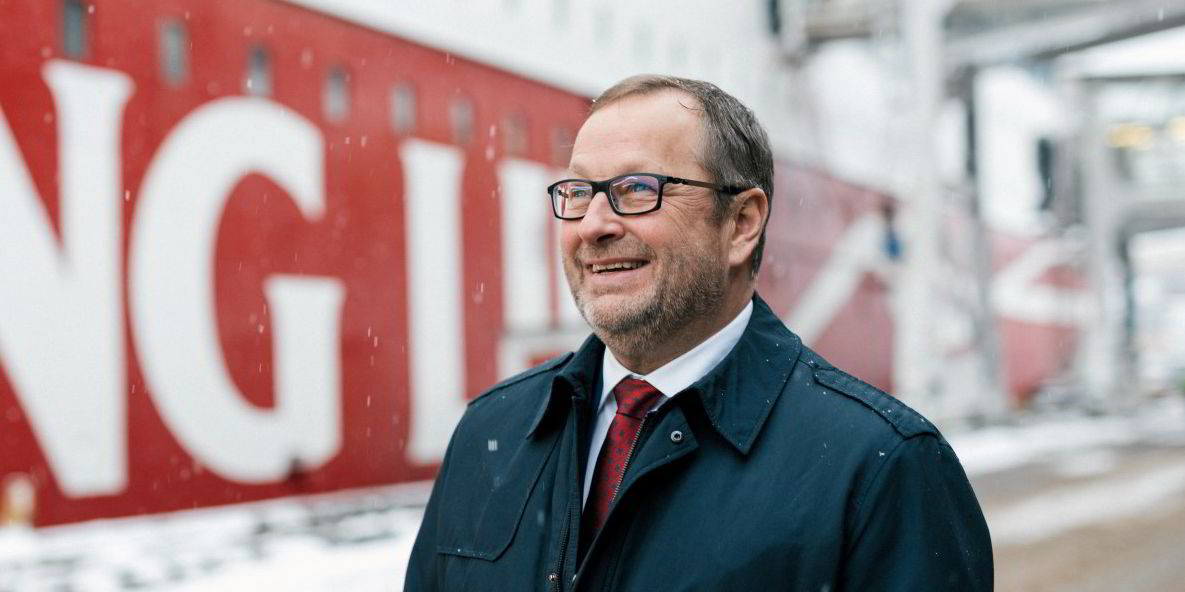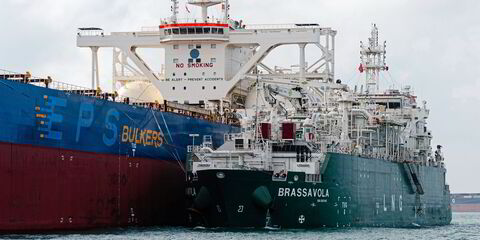Finnish cruise and ferry operator Viking Line plans to run vessels serving the Turku route on liquefied biogas (LBG) for the first time.
The company will introduce the first green shipping corridor on the Baltic Sea between Turku, Finland, and Stockholm, Sweden, for one week to mark Baltic Sea Day.
The green corridor, a route where the transport of cargo and passengers is carbon neutral, will only use liquefied biogas (LBG) as a fuel for the 2,800-berth Viking Glory (built 2021) and Viking Grace (2013) from 29 August to 4 September.
This will reduce the vessels’ CO2 emissions by 90% compared with their usual fuelling on LNG, Viking Line said. This will generate a total of 2,600 fewer tonnes of greenhouse gas.
Viking Line sustainability manager Dani Lindberg said: “This is a historic moment for us, the Baltic Sea and maritime transport. Scheduled service has never before been powered solely by biofuel.
“We have invested €450m [$495m] in our climate-smart vessels Viking Grace and Viking Glory, and one of their most important features is that they can run on LNG, biofuel and future synthetic fuels produced from renewable energy.”
Since last year, Viking Line has offered its passengers and its conference and cargo customers the option of purchasing biofuel corresponding to the amount of fuel used for their travel, reducing emissions by 90% per passenger or cargo unit when taken.
This biogas is supplied by Gasum, which makes it from food and agricultural waste. The biogas is produced in Europe and the origin of each gas consignment is documented.
“There is still limited access to renewable fuels, and the price for such fuels is at least twice as high as LNG,” Lindberg said.
“It is important to create demand in order for supply to rise and the price to fall.”
Weak demand dents profit
Viking Line’s financial results were affected by weaker demand as lower sales led to a dip in earnings during the first half of the year and the second quarter.
The company’s president and chief executive, Jan Hanses, said: “Results for the first six months of the year were characterised by consumer caution.”
He indicated that the Finnish economy is currently in recession with recovery moving slowly.
“While inflation in Finland has eased, this is not reflected so far in consumer behaviour. The weak Swedish krona has reduced purchasing power in the Swedish market,” Hanses said.
Results for the first six months of the year, and particularly for the second quarter, were weaker than expected, he said.
During the second quarter, Viking Line’s sales topped €125.9m, down 4% on this time last year, leading to a 65% year-on-year drop in its operating income of €6.2m.
For the first six months of the year, company sales also fell to €219.1m from €226.3m the year prior, while operating income was at a net loss of €4.3m from €17.1m in 2023.
“The launch of Gotland Alandia Cruises has entailed additional one-off costs, while occupancy rates during the period up to June did not meet our expectations,” Hanses said.
Looking ahead, Hanses said that while the current geopolitical situation has no noticeable impact on travel, it still contributes to continued uncertainty concerning energy prices.
“Provided that energy prices remain at current levels and people’s propensity to travel is sustained, the board of directors expects that income before taxes in 2024 will be on a par with the figure for 2023 [€45.4m],” he said. (Copyright)





